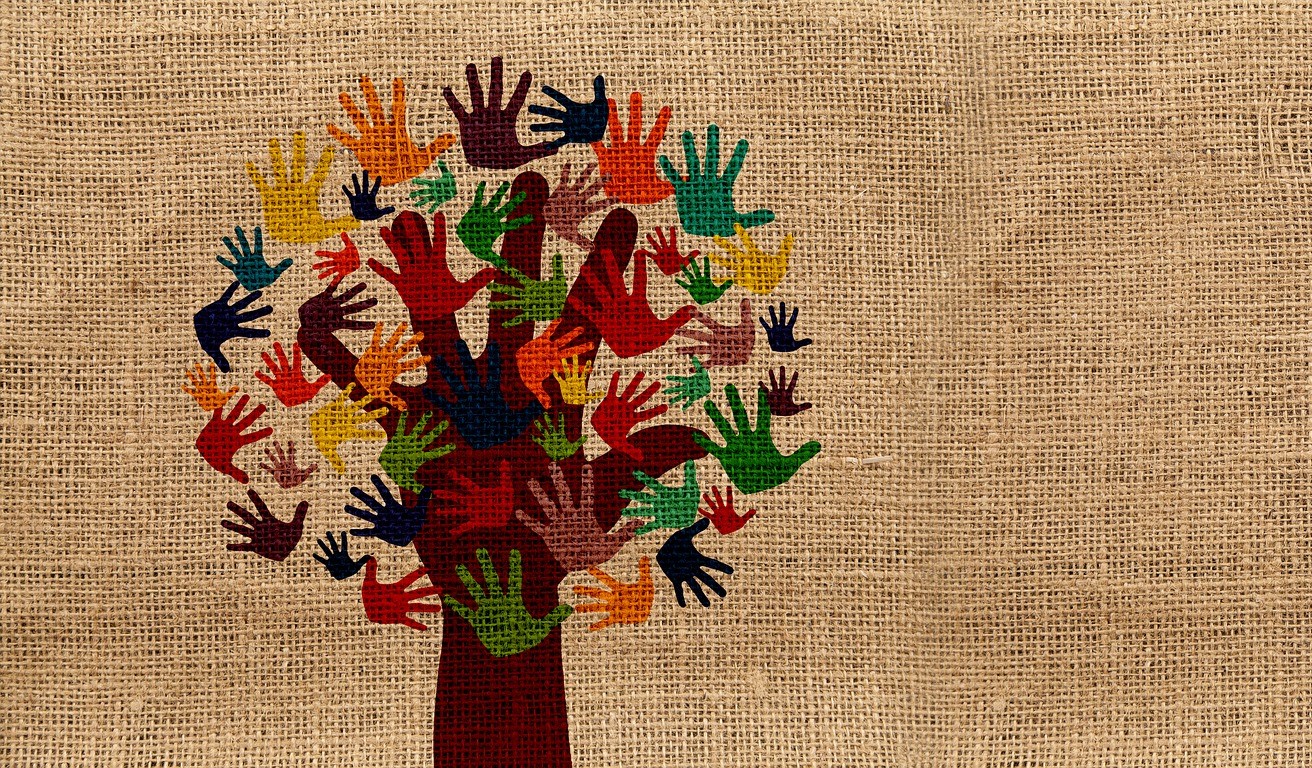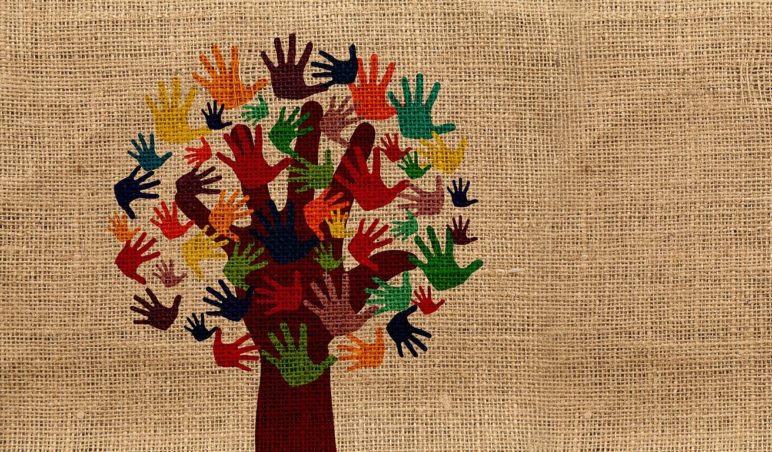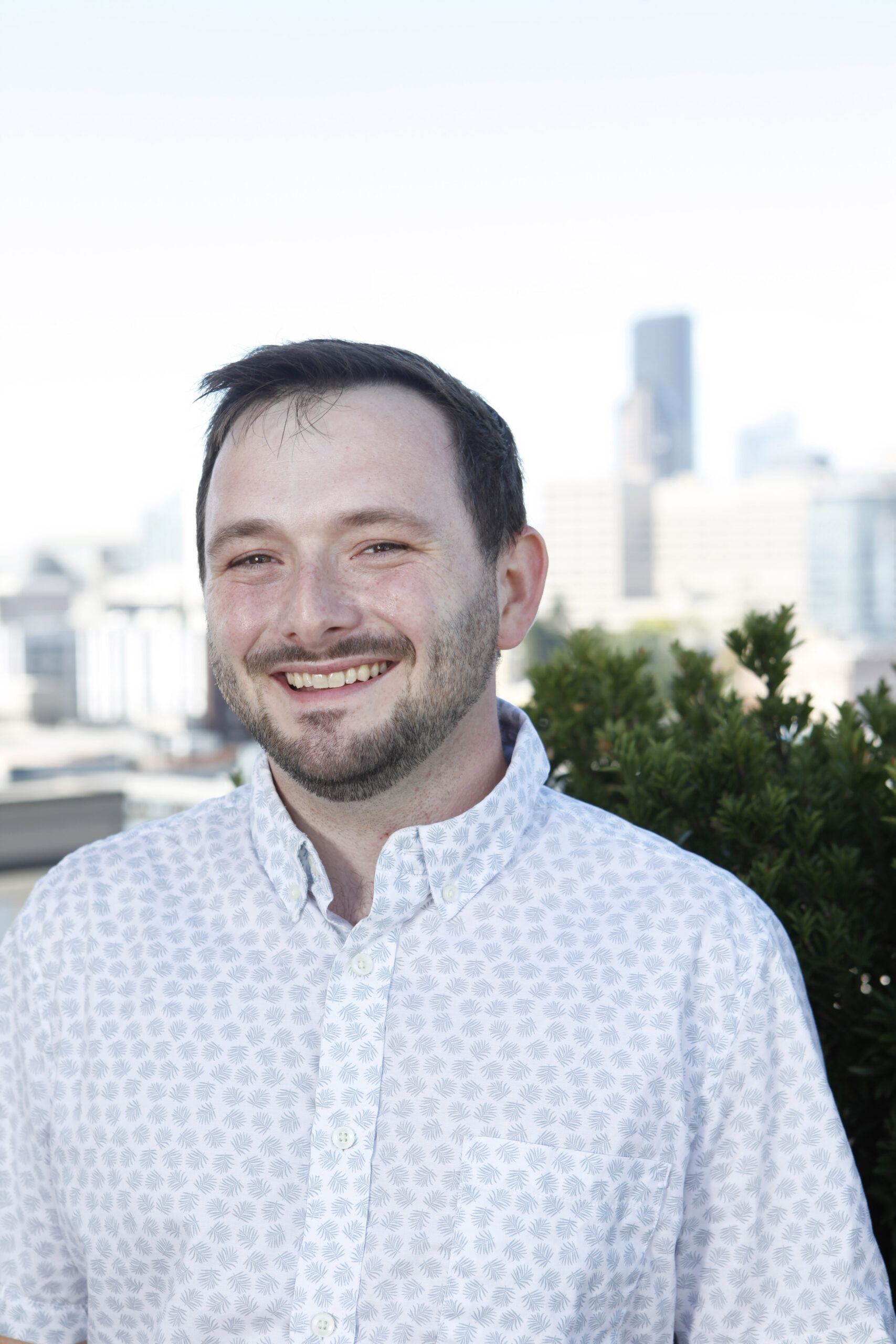At Sightline, we know a stronger, more equitable community is only possible when we embody an abundant mindset. With this in mind, some of us at Sightline have shared the organizations across Cascadia and beyond that inspire and give us hope. Please take a moment to celebrate the strength of our collective community and the power of the people by giving to the organizations below:
Jay Lee
Free Geek
In a world where so much has moved online, a device that can access the internet is more vital than ever for academic success, accessing jobs and services, and staying informed as a community member (by keeping up with Sightline’s research on some of the most important issues facing our region, of course). Free Geek turns donated technology and electronics recycling into computers for students, low-income Portlanders, and our neighbors facing housing insecurity.
Portland Street Medicine
Portland Street Medicine provides direly needed medical care for unhoused Portlanders by going directly to where people live and offering no-cost health services. People experiencing houselessness face unique medical situations caused or exacerbated by living outside and are among the most unable to access conventional medical services. In the face of these problems, street medicine helps our neighbors address their short-term injuries and manage their long-term conditions.
Jeannette Lee
NeighborWorks Alaska
I’m a fan of homes in sensible locations, near schools, jobs, transit, and grocery stores. Homes that don’t cost more than what most of us can pay. And that’s exactly what NeighborWorks Alaska provides. But they don’t just place folks in reasonably-priced rentals. They also help people become fluent in the whole process of home ownership. And they’ve got their wonky side, too, conducting neighborhood surveys on resident satisfaction and making concrete policy recommendations. The organization’s roots are in Anchorage, in the neighborhood of Spenard to be exact, but they’ve expanded to operate statewide and have linked up with the national NeighborWorks program.
Alan Durning
The Children of the Setting Sun Productions
The Children of the Setting Sun Productions is a Native-led multimedia production company dedicated to Indigenous Storytelling. Helmed by Sightline’s friend Darrell Hillaire, the organization uses both traditional and modern art mediums to bridge “the perspectives between western ideology and Indigenous truth.” In a time of profound disruption, Children of the Setting Sun is enlivening the history, legacies, stories, and historical traditions of the Coast Salish people. At the same time, they are leaders in weaving ancestral knowledge into our understanding of current events.
Seattle Chinatown International District Preservation and Development Authority
SCIDpda is on a mission to preserve, promote, and develop the Seattle Chinatown International District as a vibrant community and unique ethnic neighborhood. I am drawn to their unpretentious, get-it-done attitude and support their stupendous work.
Michael Andersen
Living Cully
Last year, my family moved to Cully, a neighborhood of Portland that has been adapted over the centuries, from forest to farmland to gentrification escape route to gentrification frontier. The bigger lots here make it a living laboratory for low-cost and sustainable housing options, from tiny homes on wheels to trailer parks to cottage clusters to good ol’ apartments. Living Cully is a collaboration between three local nonprofits working to invest in Cully without displacement. The tactics are to organize, empower, and in some cases directly help Cully residents in need. It’s the sort of work that relies on intensely local knowledge, which Living Cully has proved many times that it has—the same sort of cellular-level commitment to one’s immediate surroundings that drew me to Sightline.
Dan Bertolet
Share the Cities
I wanna give a big shout out to Share the Cities, a Seattle-based non-profit working to lift barriers to affordable, climate friendly and inclusive cities. Founded by tireless organizer Laura Loe, Share the Cities has two arms: one for community education and one for political advocacy. Recently, Share the Cities has advocated for allowing multifamily homes on 18 acres currently planned for McMansions; for converting public golf courses to affordable housing; and for reforming Seattle’s Design Review process. There’s no other org in Seattle taking on these important but all too often under-the-radar fights to improve equitable access to opportunity!
Steph Routh
Albina Vision Trust
Spend three minutes on their website and fall in love with how Albina Vision Trust manifests what belonging means. Albina Vision Trust is stewarding the thoughtful reinvention of lower Albina, the cultural heart of Portland and the once-thriving center of Portland’s Black community, from which thousands of residents were forcibly displaced. Their mission is to honor the past of Portland’s Albina neighborhood by transforming what exists today into a socially and economically inclusive community of residents, businesses, artists, makers, and visitors.
Next Up Oregon
When I moved back to the United States in 2005, I was lucky to find what is now called Next Up Oregon as an organization to volunteer for. We can’t achieve positive social change without some serious collective action, and democracy’s future is inextricably linked with the next generation of community organizers and voters. Next Up Oregon amplifies the voices and leadership of diverse young people to achieve a more just and equitable Oregon. They are working to remove structural barriers and shift power.
Webster Chang
Chinese Information and Service Center
I will always have a soft spot for Chinese Information and Service Center (CISC)—though their services cover a more diverse community than just their namesake.
I got to know them back when I was trying to help my parents sign up for the ACA. Navigating forms and federal bureaucracy is a headache for just about anyone, so imagine the extra hurdles with the added layer of language accessibility. The people at CISC not only helped my parents navigate the legalese, but they also went above and beyond to seek out various other benefits that my parents are eligible for. That bump in quality-of-life and finances made a huge difference in my parents lives, not to mention my ease-of-mind.
Being a part of Sightline means I get to assist, in my own small way, in promoting ideas and policies that help our communities flourish; so it is always nice to know that folks like CISC are out there, helping people access what they otherwise would miss out on.
Anna Fahey
Chief Seattle Club
Native Americans face the highest poverty rate of any racial group in King County. Chief Seattle Club is a Native-led non-profit that serves this community, providing housing and community services specifically for American Indian and Alaska Native residents to find not just shelter, but cultural connection and stability. Chief Seattle Club’s services range from homelessness prevention, job training, and reentry support to permanent housing, including really cool projects like Eagle Village, the first local housing project for homeless Native adults, and the ?ál?al building, which has 80 studio apartments for low-income households. The traditions they are upholding and the new ones they are creating are spiritual boons that lift all of us—take the urban farm project, Sovereignty Farm, where traditional foods are grown and then served at the day center and the new café in the Pioneer Square ?ál?al “Home” building. And, when it comes to measuring what matters (speaking Sightline’s language!), thanks to Chief Seattle Club, Native people living unhoused here are counted accurately. They pushed for better practices in King County’s annual point-in-time survey of houselessness and for documentation of tribal affiliations in the county’s homelessness database.









